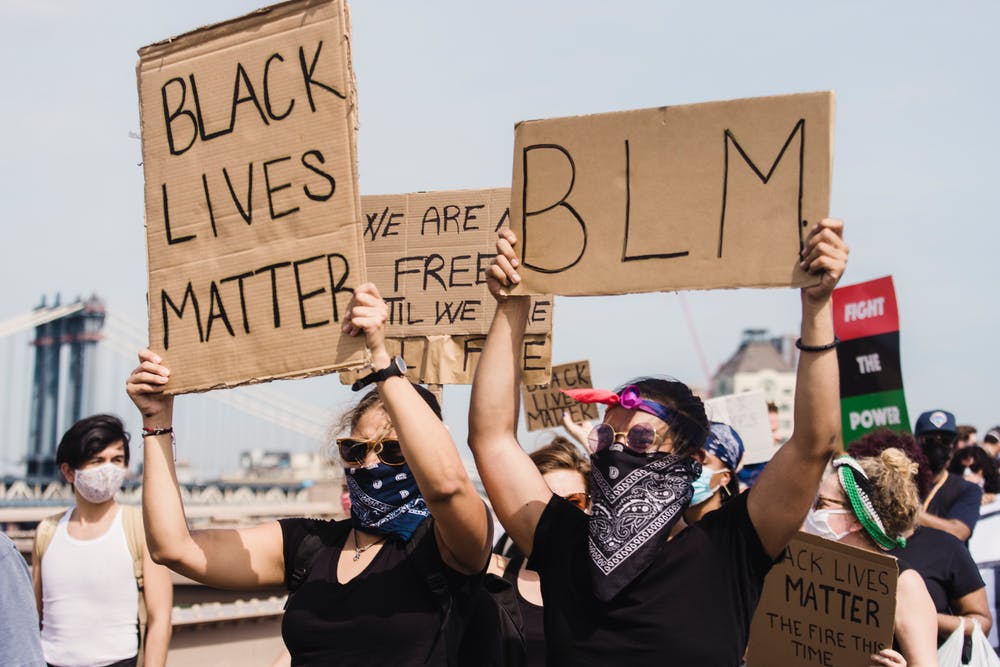Our world is shrinking fast in the 21st century, so learning about global issues is the need for the hour for future generations.
What is the urgency of learning about global issues?

Overpopulation and overconsumption are subsequently degrading the natural habitats and causing biodiversity loss and deforestation. Geopolitics and unemployment are rapidly spiraling up. If we don’t take suitable measures to overcome these cataclysmic events, the losses in the future would be far worse than the cost of addressing these in the present.
What can we do to promote learning about global issues?
One way to ensure our survival is to educate students about these global issues early on. If students are to truly become socially responsible world citizens, then global issues and the four goals of global education – knowledge, skills, attitude, and action – must explicitly be taught schools. Students need to elevate their understanding of the world’s economy, politics, social structures, and environment so that they can make better decisions about how to live life sustainably and responsibly.
To interpret global issues like pandemics, ethnic conflicts, social inequality, and environmental destruction, students need to inculcate critical and creative thinking, cooperative problem solving, non-violent conflict resolution, informed decision making, and the ability to see issues from multiple aspects.

Let’s take the example of a global issue that has been troubling our world for a long time: racism. If there was more interaction and exchange of knowledge between people of different races, with the open-minded approach of educating each other about how their skin color affects their lives when it really shouldn’t, we would not be facing this issue on such a large scale. Our education systems need to aim for far-reaching impacts on students and the world as the children of today are the decision-makers of tomorrow.
When solving problems from with global vision, we expand our options and start to explore outside of the box (Finland and South Korea very distinctive education systems, yet both rank at the top in world rankings).

For example – if students are more aware of the gravity of global warming, they will invest in energy-efficient appliances and take a lot of green initiatives like reducing waterways, building houses that are well ventilated and leaving no carbon footprint at all. They can retrofit older cities to Eco-smart cities.
When people encourage learning about global issues, the promotion of transparency, participation, inclusion, and accountability in decision-making comes out along with supporting research to get the unfair influence of large sums of money out of politics.

Students will become more vigilant about what’s right and what’s more justified rather than repeating the mistakes of their predecessors if learning about global issues is made a priority in institutions. They can be better leaders of the future and take mature decisions by being responsible adults and accepting social equality wholeheartedly. Students, if conditioned appropriately, can help eradicate agenda-driven politics and amplify practical policies with improved and fair implementations that help people of every social stratum.
Conclusively, youngsters are more than twice as likely to see the importance of personally taking social action, which is why it is even more important to make them learn about global issues early on.





